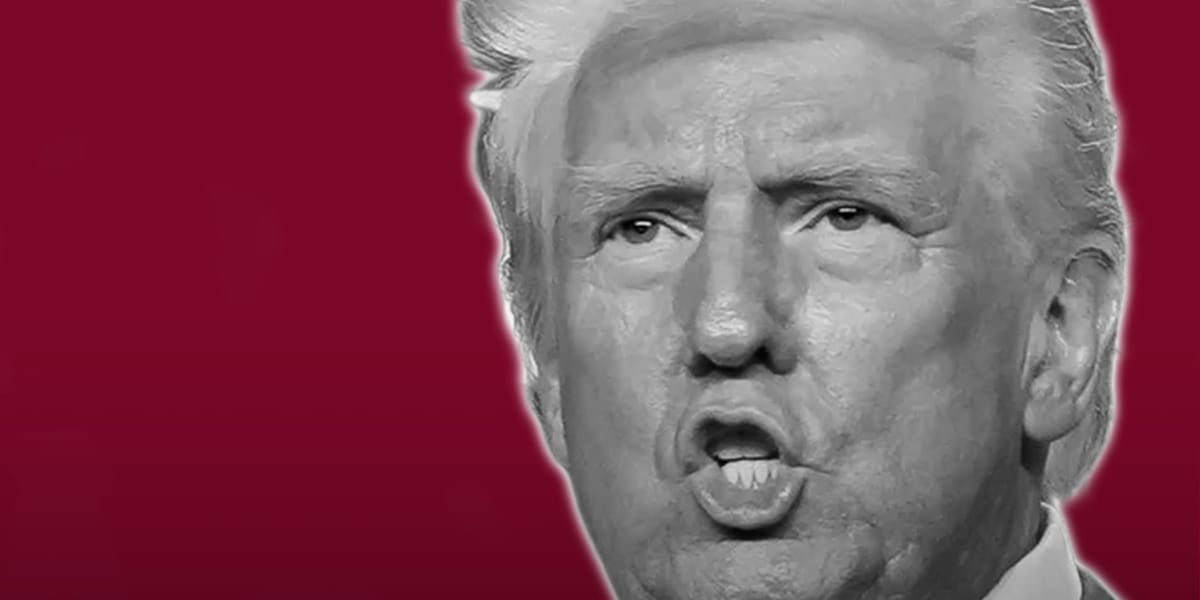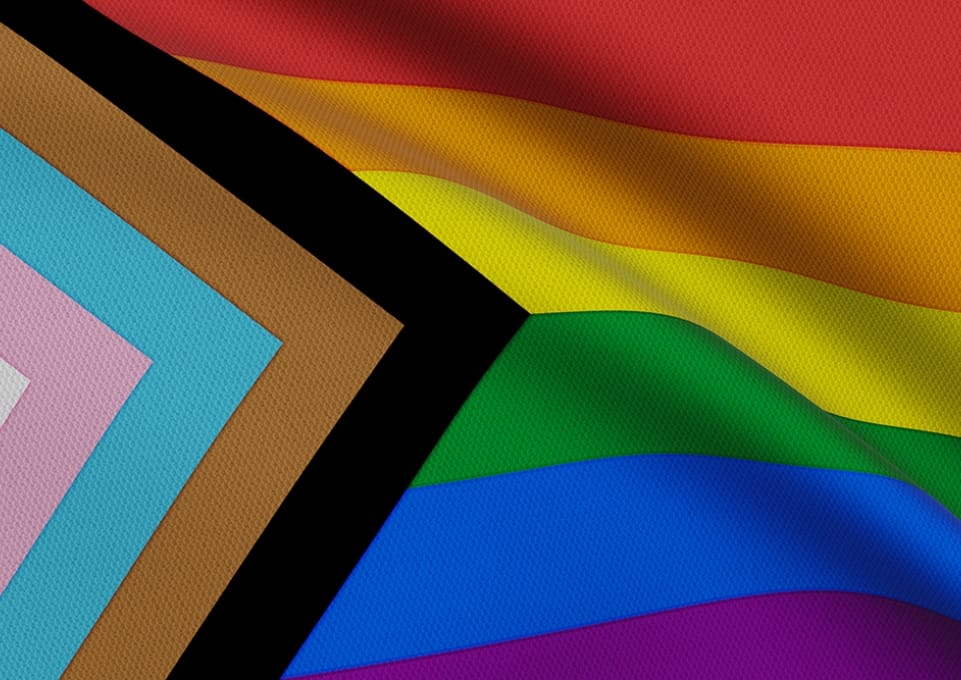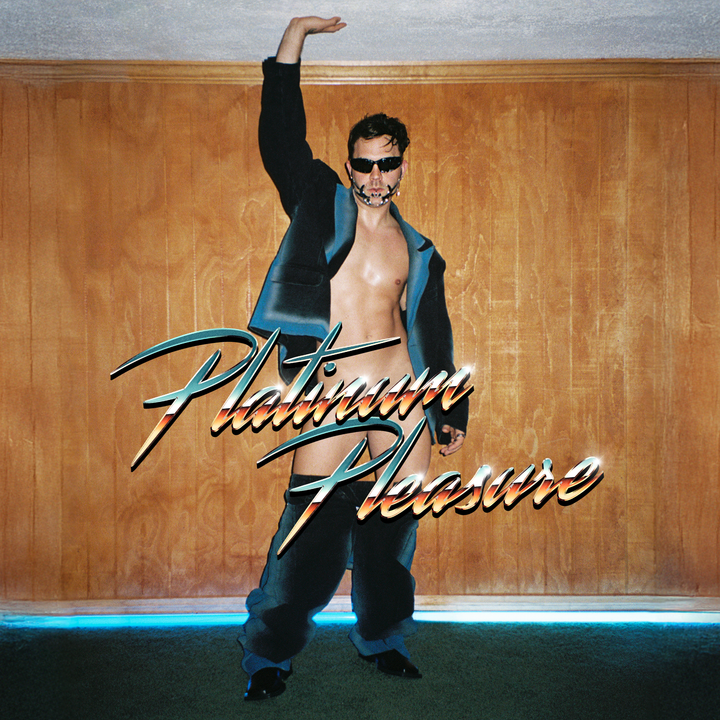Trump suggests he would support the removal of LGBTQ+ Pride flags from public spaces in Washington DC

President Donald Trump has ignited fierce backlash following remarks made in the Oval Office suggesting he would support the removal of LGBTQ+ Pride flags from public spaces in Washington DC, and potentially treat them as symbols of domestic terrorism.
The comments came during an exchange with Brian Glenn, a correspondent for the far-right Real America’s Voice network and partner of Republican Representative Marjorie Taylor Greene. Glenn showed Trump a photo of a Progress Pride flag displayed on 14th Street, a well-known LGBTQ+ district in the capital, and claimed it was a “trans flag” that many found threatening.
Trump responded, “I would have no problem with it,” referring to removing the flag, and added, “Then they’ll sue, and they’ll get freedom of speech stuff. So that’ll happen. But I would have no problem with it.”
He went on to compare the Pride flag to the act of burning the American flag, which he described as “an incitement” to violence. Trump has previously attempted to criminalise flag burning through executive action.

The Progress Pride flag, designed in 2018 by non-binary artist Daniel Quasar, incorporates elements representing the trans community and LGBTQ+ people of colour. It is widely recognised as a symbol of inclusion and visibility.
In a separate move earlier this year, Trump’s administration enacted the “One Flag Policy,” banning the display of Pride and Black Lives Matter flags at U.S. embassies and consulates worldwide. The policy mandates that only the American flag, along with two military-related flags, may be flown at government facilities.
The directive forms part of a broader rollback of diversity, equity, and inclusion (DEI) initiatives. Trump has also signed executive orders recognising only two genders and revoking the 1965 Equal Employment Opportunity Act, which previously protected marginalised groups from workplace discrimination.
Legal experts and LGBTQ+ advocates have condemned the president’s remarks and policies, citing First Amendment protections for symbolic speech. The U.S. Supreme Court has consistently upheld the right to display flags as a form of free expression.





Comments ()